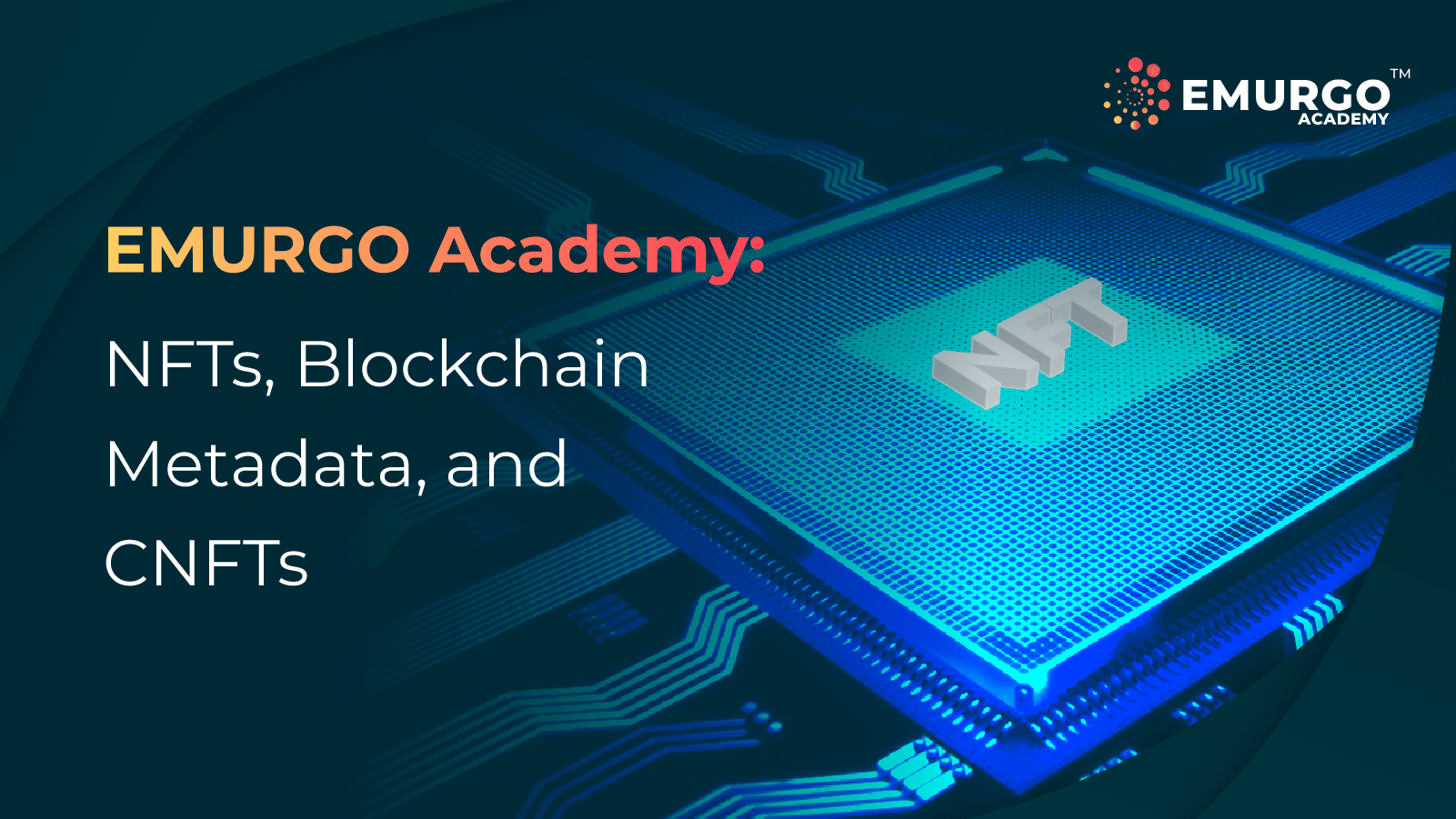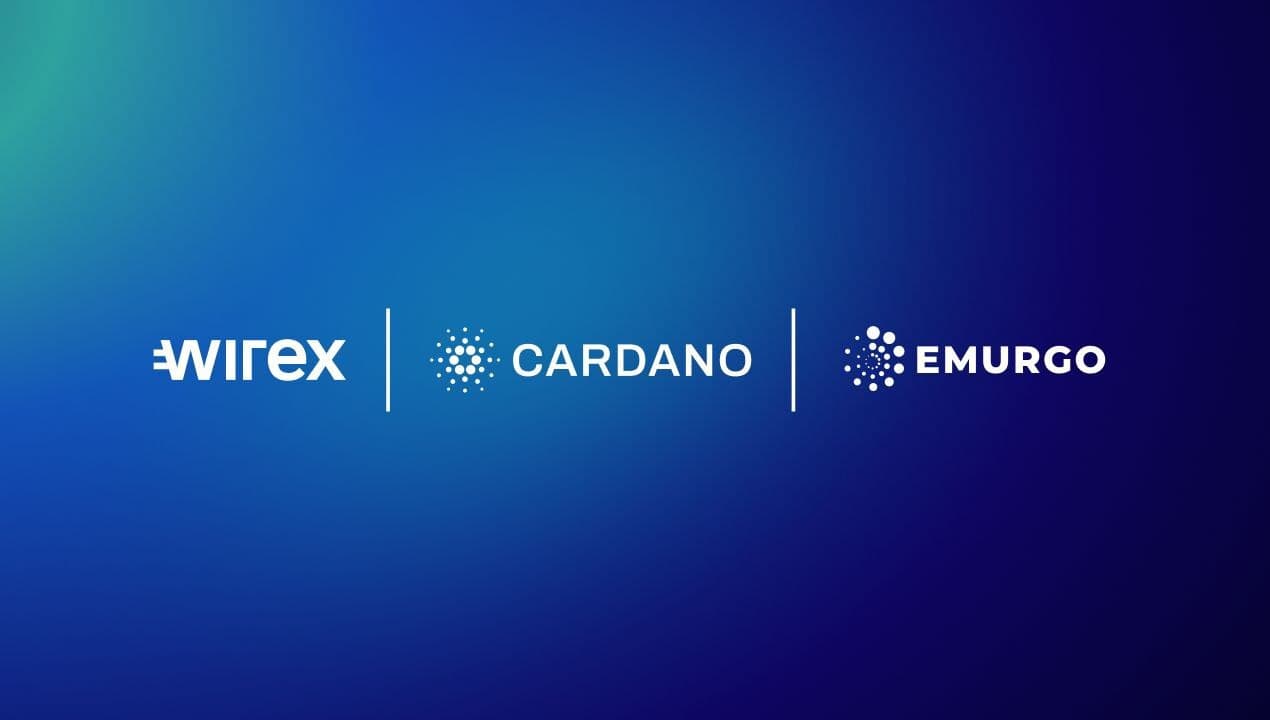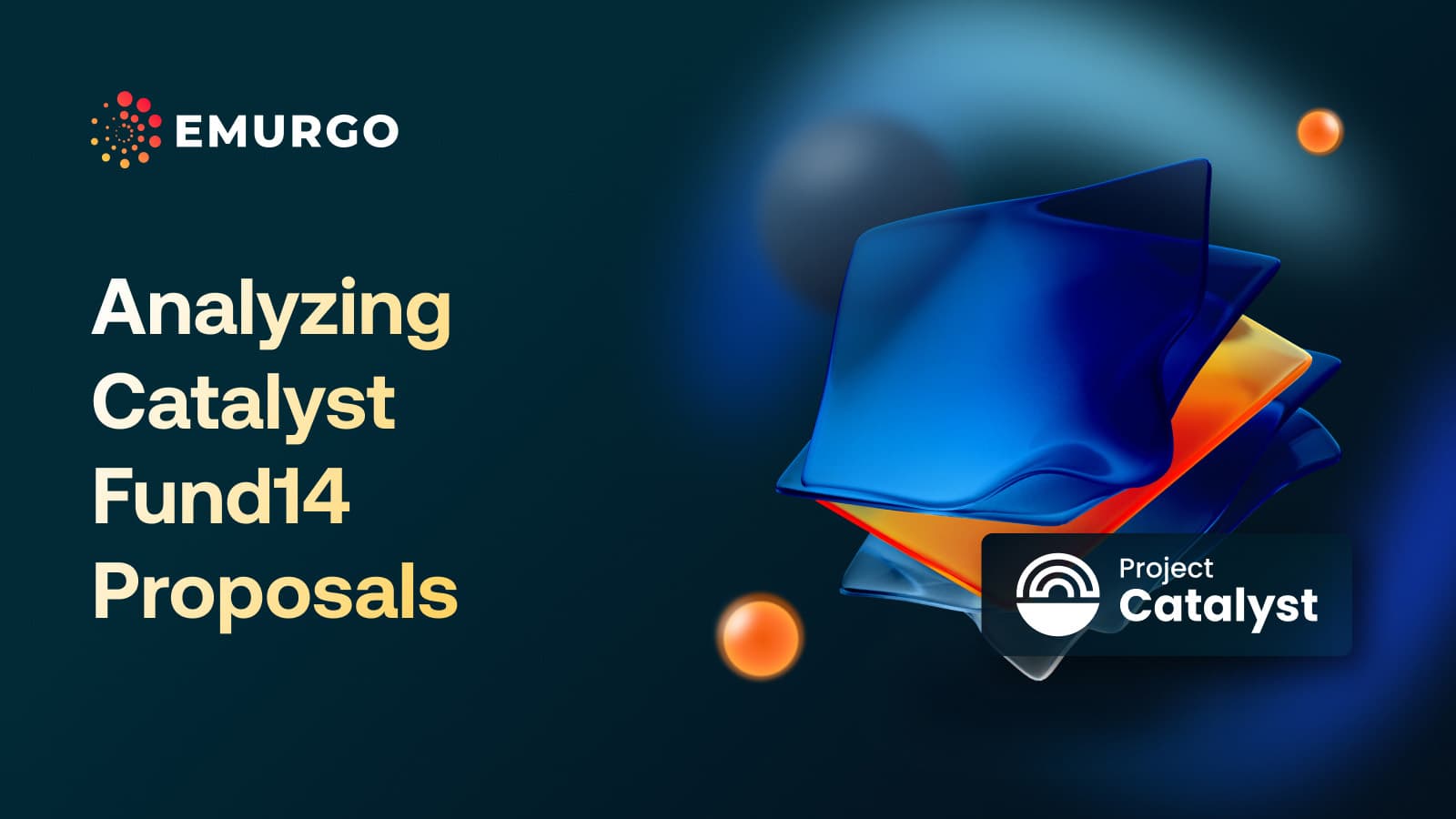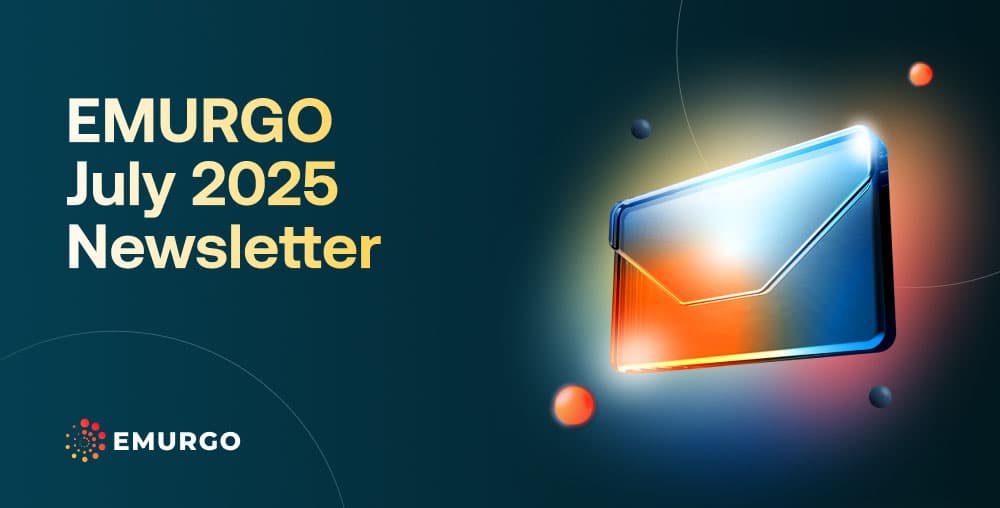EMURGO Academy offers various online courses and webinars on blockchain education for students with both technical and non-technical backgrounds.
Courses cover general and in-depth developer topics related to blockchain technology and Cardano.
Taught by instructors with real-world practical experience in blockchain, EMURGO Academy’s courses are an ideal fit for those seeking to learn the general basics of blockchain technology and for those looking to gain technical blockchain skills.
Blockchain job opportunities have increased over the past few years as businesses and blockchain-based projects are looking for those with experience in blockchain development and knowledge to transition to a Web3 world of digital currencies, metaverse platforms, decentralized finance (DeFi), NFTs, and more.
What are NFTs technically?
NFTs (non-fungible tokens) have been one of the most popular topics dominating the discussion around blockchain technology, and have brought many new users into the blockchain space.
NFTs are mostly associated with digital art. However, due to the somewhat technical nature of NFTs, many people still do not fully understand what an NFT actually is.
For example, if anyone is able to simply “right-click” on the NFT to copy it, what value does it have?
All those misconceptions originate in the idea that the NFT is the visual asset attached to the token.
In short, an NFT is technically nothing more than an entry into the blockchain ledger that uses a unique identifier in the form of a cryptographic hash to make sure it cannot be duplicated.
Regular fungible tokens do not have individual unique IDs, so they are interchangeable among each other. The NFT when recorded into the ledger comes with this unique identifier which permits its verification as a single entry into the recorded ledger or blockchain state.
Where is the actual digital NFT artwork?
The piece of artwork represented by the NFT can be an image, GIF, MP3, or even a video file.
The associated art is not present anywhere on the blockchain.
In fact, it would be prohibitively expensive to store large amounts of data on a decentralized network both in dollars and memory allocation. It is suboptimal, as the data would have to be copied thousands of times on nodes across the network while adding little to the usability of the token.
The artwork associated with the NFT is normally stored on a server providing this as a service.
Artworks are referenced in the NFT via a link that points to the location where that piece of media is stored.
What is blockchain metadata?
For NFTs, metadata is as crucial as the immutable blockchain ledger entry, and the external media, but often it gets overlooked in the discussion.
Behind every NFT, there is the concept of metadata, which is a description of the attributes of the token that are independent from the entry on the ledger.
Metadata is used by NFT marketplaces to show information about the token on their sites.
The metadata is pinned by returning it as a hash to the minting NFT smart contract.
An example of this metadata can look something like this:
{
"name": "Sleeping Cat",
"description": "You opened the box and found a sleeping cat. Looking at it one cannot help
but feel at peace.",
"image":
"https://ipfs.io/ipfs/QmeWK2BwtsEsSmRDMwmwCT5PADbyku2Xik5sXtsVQVC9Gw?filenam
e=HE-SLEEP.jpeg",
"attributes": [
{
"trait-type": "EigenValue",
"value": "HE SLEEPS"
}
]
}Source: https://medium.com/coinmonks/how-nft-metadata-works-a65ba7631842
In the case of Cardano, the metadata is sent along with the transaction the moment the NFT is minted.
The metadata is important because it is a record of the information that lives outside of the data on the blockchain.
The name, date, type of file, and many other attributes are contained within these fields.
Metadata is what makes an NFT human readable, and not just some cryptographic hash living on the blockchain.
Cardano NFTs
Cardano is able to deploy NFTs, but these are slightly different.
CNFTs (as they are often called) utilize the same properties of native tokens on Cardano.
They are able to be transferred across the Cardano blockchain without the use of a smart contract, so there are no fees generated by the transaction aside from the basic fee the network always charges.
CNFTs are identified as unique in the ledger by the use of the PolicyID. This PolicyID is singular to each asset on Cardano.
The PolicyID originates from the minting script that defines properties of a token, such as who can mint, the supply, and others.
NFTs are among the most dynamic assets in the blockchain industry.
Cardano has managed to implement their own version, the CNFT, by extending the unique properties of native assets.
As a result, CNFTs are more secure, easy to mint, and cheaper to use than other alternatives.
Learn blockchain through online courses with EMURGO Academy now!
EMURGO is uniquely positioned to leverage its extensive knowledge of Cardano’s technical development to offer curated educational courses on Cardano to interested students.
All courses are taught by professional instructors with actual blockchain experience.
EMURGO Academy, EMURGO’s education unit, has now expanded to offer numerous courses on Cardano to a range of student types interested in becoming a Cardano developer, becoming a Cardano entrepreneur, becoming a Cardano business analyst/consultant, and more.
For more information on each of the courses and to contact a representative, please visit the link here now!
About EMURGO
- Official Homepage: emurgo.io
- Twitter (Global): @EMURGO_io
- YouTube: EMURGO channel
- Discord: EMURGO Community
- Facebook: @EMURGO.io
- Instagram: @EMURGO_io
- Medium: EMURGO Announcement
- LinkedIn: @EMURGO_io



